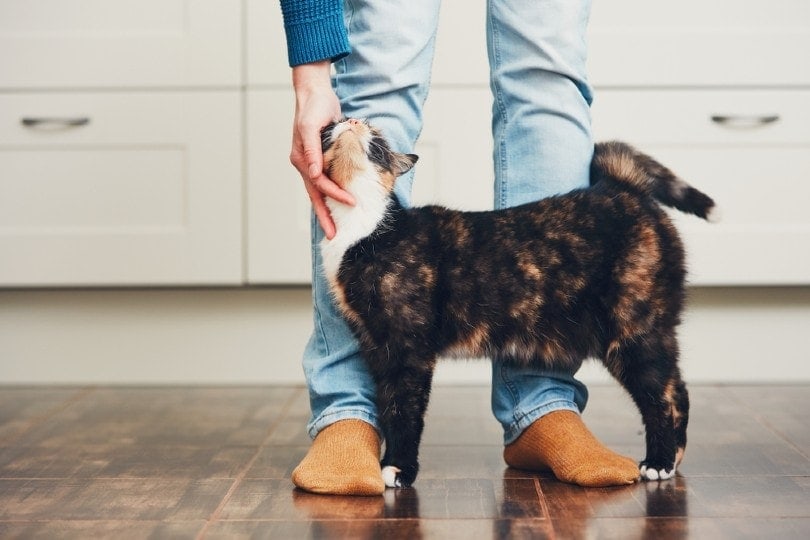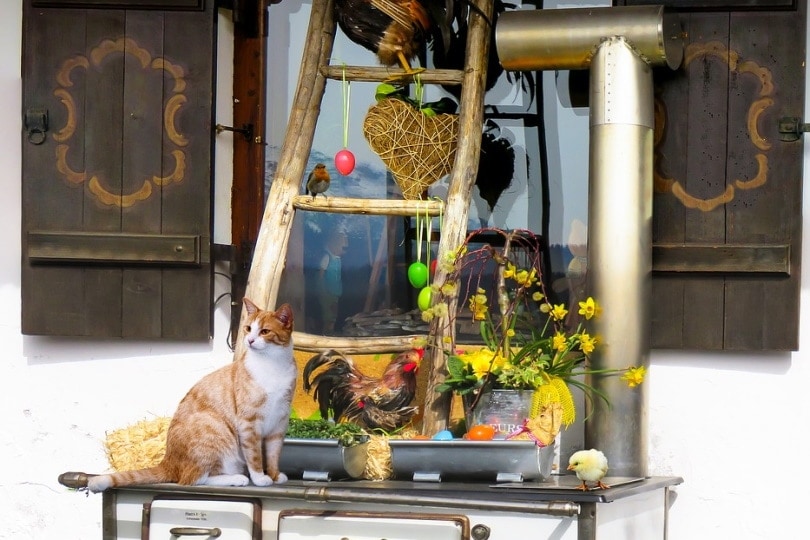Can Cats Eat Pastrami? What You Need to Know
By Ashley Bates
Updated on
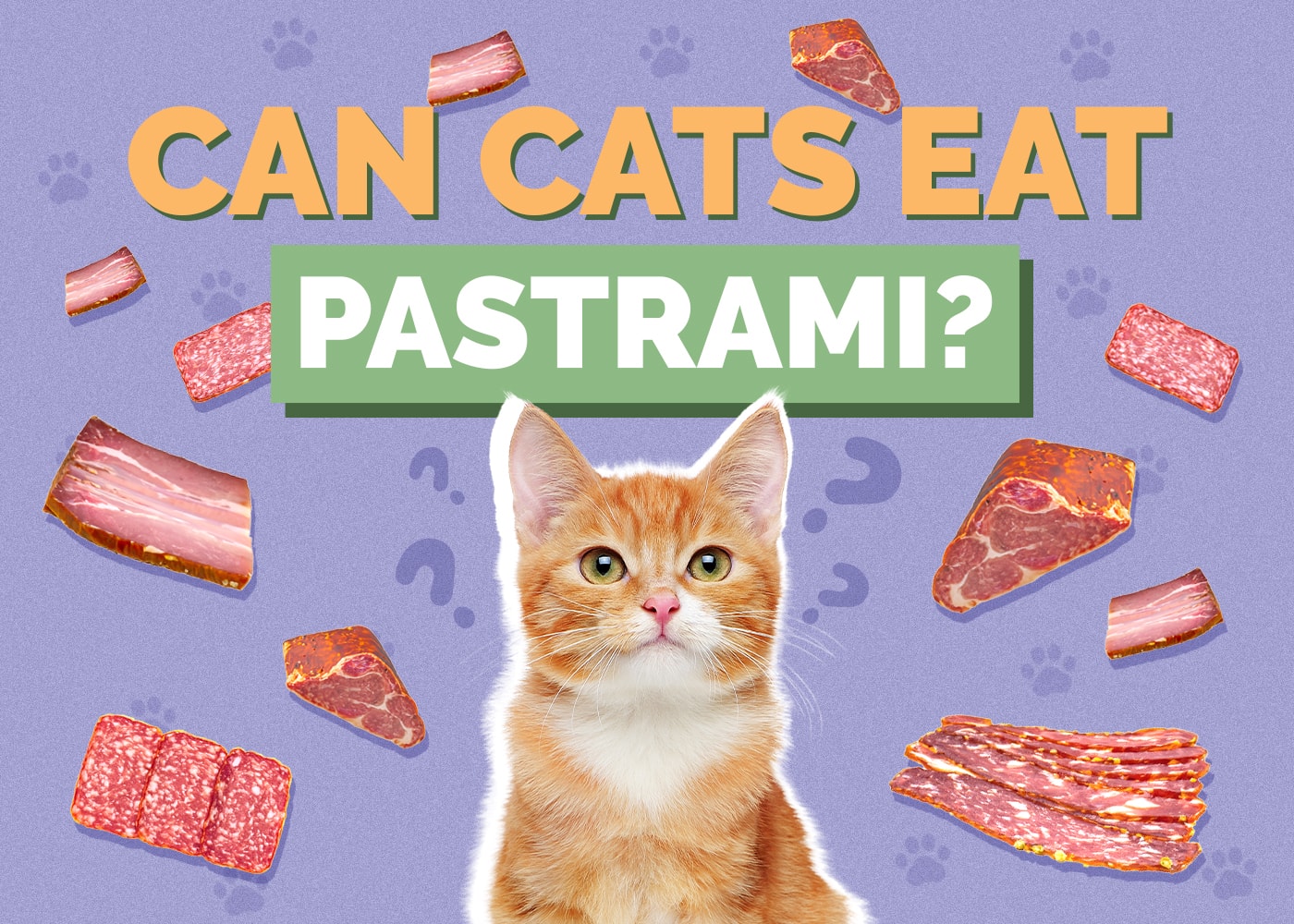
We all know how much our kitties go crazy over meat items. If you leave your plate unattended, they probably help themselves to your leftover chicken or meatballs. But that doesn’t necessarily mean that all meat items are healthy for your kitty.
If you’re enjoying your sandwich, or your cat helped themselves to your lunch, you might wonder if pastrami is safe for them. Who doesn’t love nice thick-sliced pastrami on rye? So, while it likely won’t kill them, they shouldn’t eat it because it is heavily seasoned with herbs and spices. To learn more about why cats should not be given pastrami, read on!
What Is Pastrami?
Pastrami is a type of deli meat from Romania composed of beef brisket, turkey, or lamb. The meat is brined, which means it was treated with brine or coarse salt to preserve, season, and tenderize it.
The pastrami was prepared before refrigeration was invented, which helped the shelf life tremendously. It has become a staple in some lifestyles, prepared both hot and cold in various tasty recipes and sandwiches.
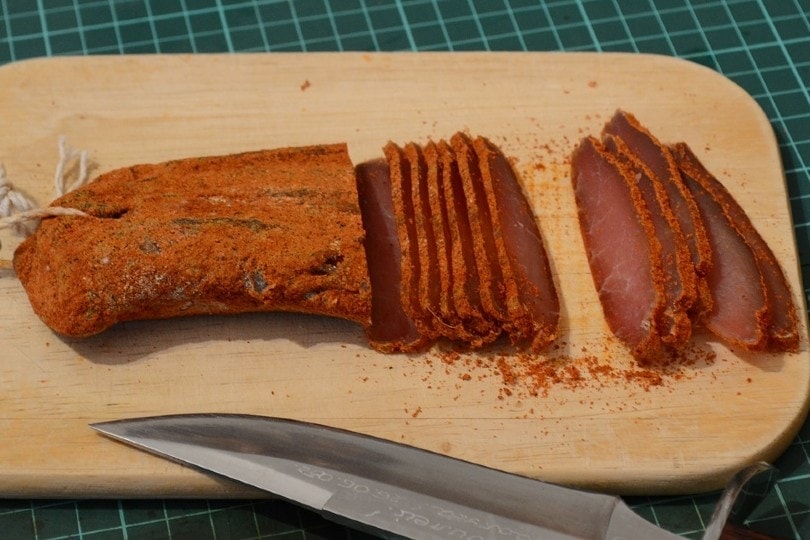
Pastrami Nutrition Facts
- Calories: 41
- Total Fat: 1.6 g
- Cholesterol: 19 mg
- Sodium: 302 mg
- Potassium: 59 mg
- Carbohydrates: 0.1 g
- Protein: 6 g
- Iron: 3%
- Vitamin B6: 5%
- Magnesium: 1%
- Cobalamin: 8%
Benefits of Pastrami for Cats
There is no real benefit to cats eating pastrami—or any type of lunch meat. However, a bite here and there won’t prove toxic. If you let your cat have a little bit of your pastrami, it won’t be too damaging to their health—but over time, it can contribute to specific health issues.
The truth is deli meats aren’t even really all that healthy for humans. In fact, many doctors advise pregnant women to stay away from them entirely while carrying and breastfeeding their babies. So, you can see how cats probably don’t need to eat it either.
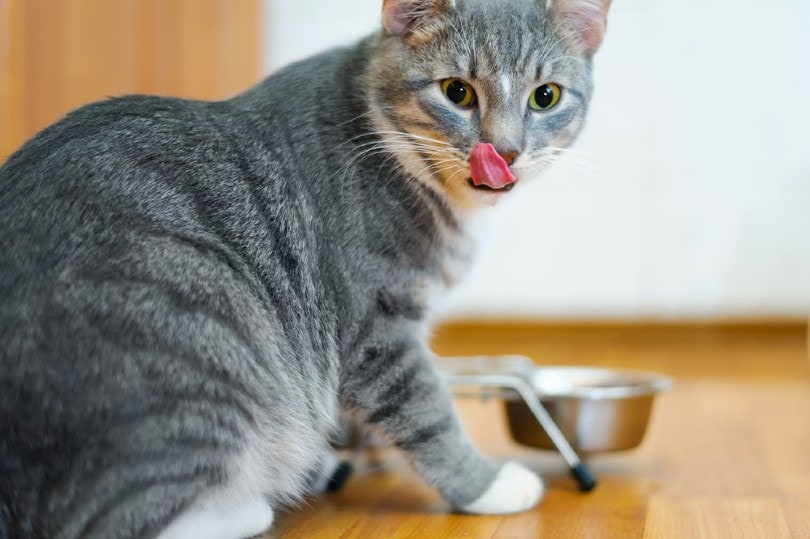
Potential Hazards of Pastrami for Cats
Pastrami might be one of the worst lunch meats you can offer your kitty. Pastrami, like many other lunch meats, is very high in sodium. While it might not hurt initially, large quantities of sodium are bad for health—whether you’re a feline or homo sapien.
Because the meat is brined with herbs and spices, it can contain ingredients that are toxic to cats. The main spices and herbs in pastrami are ground black pepper, coriander, mustard seeds, garlic, allspice, cloves, paprika, and turbinado sugar.
A Deeper Look at the Seasonings
Garlic and other allium plants like chives and onion are highly toxic to cats and dogs. While trace amounts aren’t enough to kill them, they can make them ill. Plants in the allium category cause oxidative hemolysis.
This toxic mechanism exceeds the antioxidant metabolic pathways in the body, which damages red blood cells. While cooking doesn’t degrade the potency of the plant, it is still highly toxic to cats, meaning just a small amount can have serious impacts.
Cloves and allspice each contain eugenol, a compound that may cause liver toxicity in cats. In highly concentrated oil, cloves can actually cause extreme symptoms, like vomiting, tremors, and seizures. However, it won’t have such a strong impact in smaller amounts. Coriander, or cilantro, is a beneficial herb, but it can negatively impact your pets. It can cause nausea, vomiting, and diarrhea. However, it is totally non-toxic, even if it upsets the belly.
So, as you can see, while a tiny amount of pastrami will probably be fine, it does have quite a few potentially harmful ingredients.
Healthier Meat Alternatives
If you give your cats meat you prepare yourself, it’s best to offer boiled pieces of animal protein with no additional seasoning.
- Beef
- Pork
- Chicken
- Fish
- Turkey
Whole proteins are terrific as toppers or standalone snacks for your cat. You can even dehydrate the meat to create your own chewy treats for your cat. There are plenty of DIY recipes and ideas online to inspire you.
Lunch meats are usually fine in moderation, but moderation is key. With all the preservatives, unrecognizable ingredients, and by-products in many deli meats, it’s best to leave it off the menu when you can.
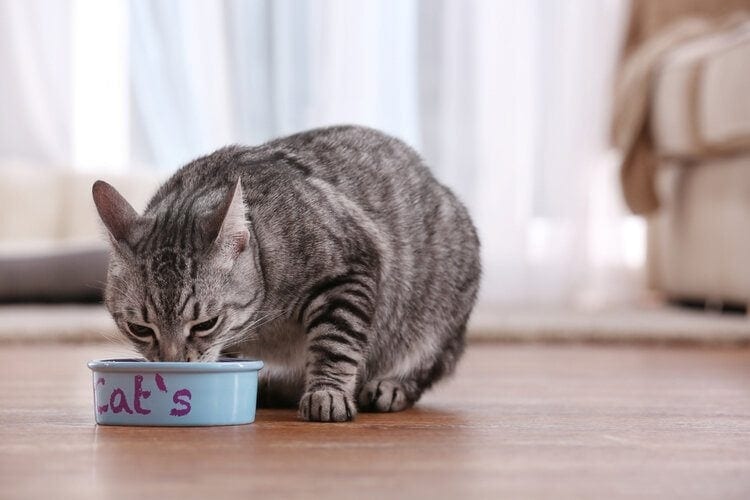
Final Thoughts
So, now you know that pastrami isn’t the best type of meat to give your cat. However, if they got a small corner of your sandwich, they will probably be just fine. However, pastrami can contain harsh spices and herbs that irritate your cat’s system so monitor them closely.
Always keep an eye on what your feline is eating and make healthy snack choices for them. It’s best to give cats boiled meats with no extra salt, seasoning, or herbs.
Related Reads:
Featured Image Credit: Anna_Pustynnikova, Shutterstock




